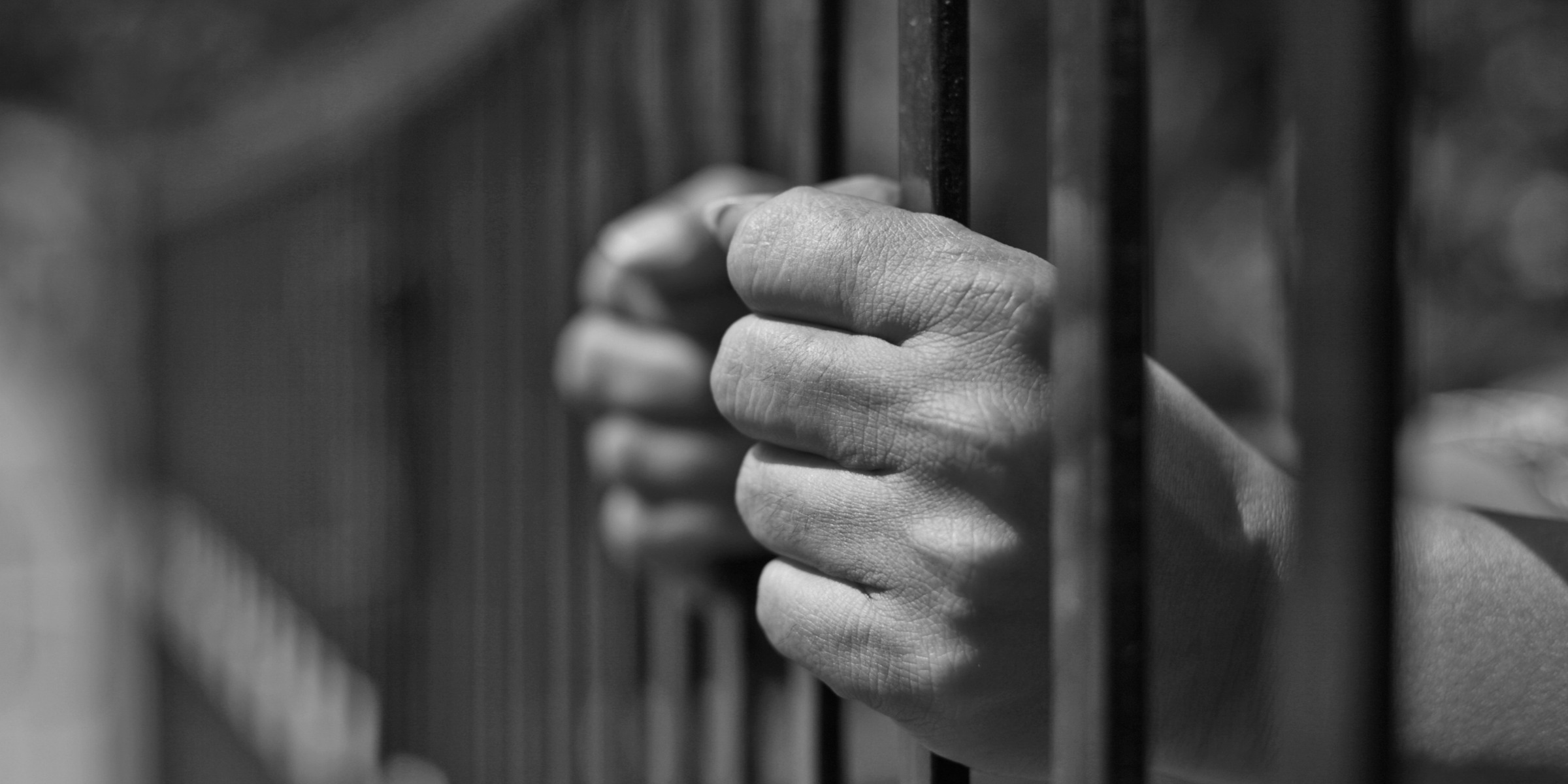When you or a loved one get arrested, the process can be scary and confusing. When it comes time to post bail, you should be aware that there are different types of bail bonds available. In this blog, we’ll explain some of the types of bail bonds out there.
Cash Bond – This is when the full bail amount is to be paid in cash by the accused. Credit cards may be acceptable in some courts, but you’ll want to call to make sure. As long as the accused makes their court appearances, they get their bail money back after their sentencing.
Surety Bond – Also called a “bail bond,” this bond comes into play when the accused doesn’t have the money to pay for their bail. You work with a bail bondsman who charges a fee to speak on your behalf in court and agrees to pay your bail if you don’t appear in court.
Property Bond – This type of bond uses the property as collateral to ensure bail is paid. The property could be a house or car, and if you don’t appear in court, the courts would then take ownership of your property to cover bail. Not every state will accept a property bond, and they take much longer to secure than a surety bond.
Immigration Bond – An immigration bond is for non-citizens and is needed when the accused is held by ICE, the U.S. Immigration and Customs Enforcement agency. It’s harder to secure this type of bond, so you would want to work with an experienced bail bondsman.
Federal Bail Bond – If the accused is charged with a federal crime, a federal bail bond is the only option. This bond is handled by the court and does not involve a bail bondsman. There’s also the option to use cash or property for this bond.
Facing jail time and dealing with bail is frustrating, so we’re here to help you through the process. Contact us today to learn how we can help.
Tags:
Uncategorized
October 1, 2020
